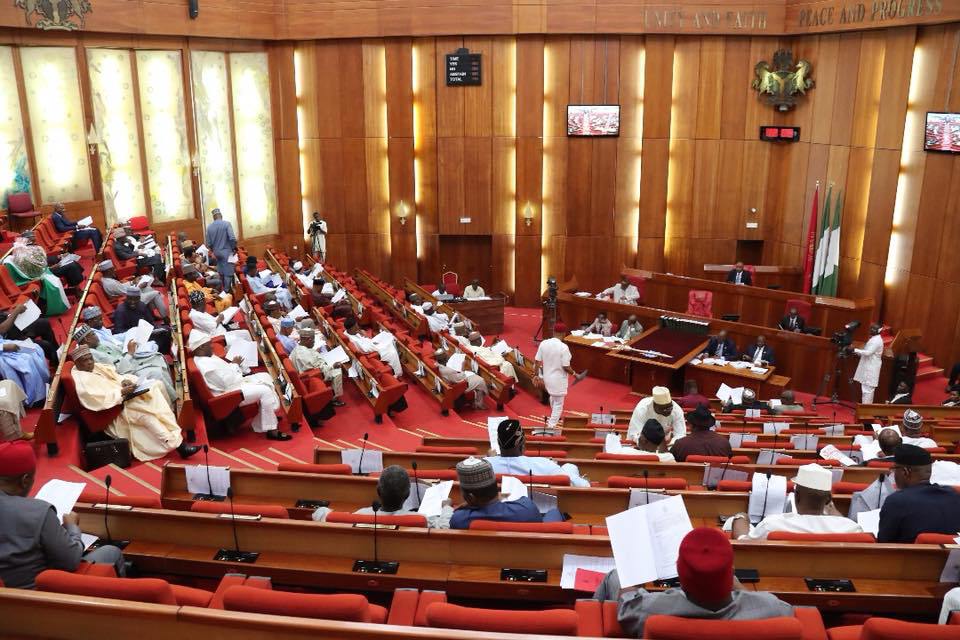by Kola Muhammed
After the build-up to the gubernatorial elections in Osun, one would have thought we will do that and face the 2019 election but we are going to have to wait until the rerun.
Much like any election in Nigeria, there was tension and movement restriction. Something quite unusual was that there appeared to be no clear-cut favourite from the outset. The three biggest names in the gubernatorial race include Iyiola Omisore (SDP), Ademola Adeleke (PDP) and Gboyega Oyetola (APC).
Omisore had his political stature, having served as deputy governor and senator and, that gave SDP a massive boost in popularity. Ademola had the household name ‘Adeleke’, thanks to his late elder brother Senator Isiaka Adeleke, a former senator and the first executive governor of Osun. Oyetola had the party’s influence as well incumbency at the state and federal level to count on, not to mention giants like Bola Tinubu in the party.
Since Governor Rauf Aregbesola is on his second term, this meant that he could no longer contest and a new face would emerge as governor. This escalated the struggle for the office with 48 persons contesting. The struggle has not ended as the election results were declared inconclusive.
A re-run governorship election is only invoked when the number of cancelled votes is more than the margin between the parties coming first and second. In such an instance, as we have in Osun, these cancelled votes, by implication, could have affected the outcome of the election. The re-run election would involve only the affected polling units and in Osun’s case, they are only seven.
Notwithstanding, the election was a successful one and we have drawn out our own observations from the democratic proceedings.
- Peace: Until recent times, peace was not a word usually associated with elections in Nigeria. There was no report of violence in any of the polling units. This shows that our democracy might actually be on the right path in Nigeria. People are becoming more aware that voting is a civic duty and not a do-or-die affair.
- Rural development leaves a lot to be desired in Osun: Reports from across the state revealed that rural development is not commensurate with the acclaimed achievements of the incumbent government. A prime example is a village in Ife North local government called Famia. The name ‘Famia’ brings to mind the popular Yoruba O ti lo famia – meaning one has gone AWOL or wandered off. To visit this village is to live the reality of the expression. The roads are barely trekkable, let alone motorable. Mobile network or electricity in this area is like a disappearing ghost. Areas like this are responsible for growing major farm produce consumed in the State and beyond, yet, they receive too little attention. We could go on to list many villages and suburbs.
- Rural awareness and accountability: Notwithstanding the perpetual darkness and ignorance in Famia, the turnout for voting was impressive. If they can easily mobilise themselves for election, why not do so in questioning their leaders, starting from the council to the local government and state government? They need to start agitating for their rights and hold their leaders accountable.
It is disheartening that INEC is the only body/agency who remembers that there are people in these areas. They get stipends from politicians during election time and after that, it’s back to status quo.
- INEC is still a long way behind: Without a doubt, INEC has made great strides over the years, from the utilisation of corps members and students as ad-hoc staff to the inclusion of card readers in the voting process. Still, there is a lot to improve on.
The first is the welfare of the ad-hoc staff. During our coverage of the election, it was a terrible sight to see corps members and students sleep on bare floors, dilapidated tables and chairs. One mat for 4 persons is not humane.
Likewise, there should be a review of INEC’s e-platform collation. Too many Nigerians would agree that mobile networks, especially when it comes to surfing the internet, are terrible. For such innovation, there should be a dedicated Wi-Fi network for uploading of results. Each local government branch of INEC should have such. Election results could not be uploaded because of poor network. The analog form was conveniently fallen back on.
What Osun election showed was that INEC isn’t ready yet for such technological advancement.
















